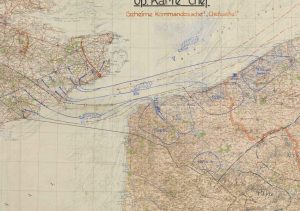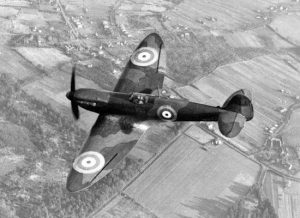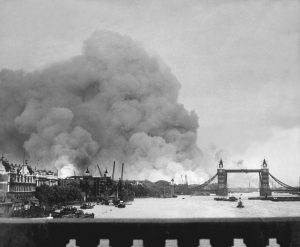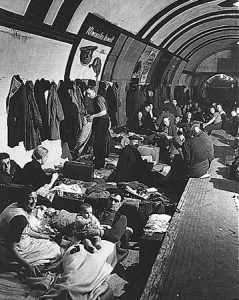Graham continues to be wary of the Soviet Union and their intentions at a time when discussions were ongoing both among Britain, France and the Soviet Union and between the Soviet Union and Germany regarding forming alliances. He is a strong supporter of the British Empire and feels that the Soviet Union are unlikely to want to aid Britain as they were critics of this. As highlighted in an earlier entry, Graham is also scathing of Joseph Stalin and his government’s policies and some of his mistrust stems from this information he has acquired from the media. He claims that “no Britisher can be blamed for feelings of mistrust with any Govt that relies upon secret police, “Liquidation” of anybody and everybody who does not agree with its views, and a complete system of private and personal espionage. The latter the most hideous thing I can imagine”.
Thomas foresees the importance that the aeroplane is going to play in the event of war breaking out, perceptively predicting that “the World will now have to resign itself to live under the ghastly shadow of the bombing aeroplane”. This of course was the case, especially in the early stages of the war such as during The Battle of Britain in the summer and autumn of 1940 where British forces were tasked with successfully repelling “Operation Sealion”, the German invasion attempt. For the invasion to be a success, the Germans firstly needed to secure the airspace over southern England and so the RAF had to repel the attacking Luftwaffe. Although outnumbered, Britain had a significant air defence network known as the “Dowding System” which brought different branches of the RAF together and allowed vital information to be passed between areas quickly and effectively.
One of the pivotal and costly mistakes made – both for the Luftwaffe and the citizens of London was the overestimations by the Germans of the damage they had managed to inflict on their initial targets and the decision therefore to turn their attention to London. This led to terrifying times for residents there being under threat during “The Blitz”, but it also allowed the RAF time to recover and have the ability to still inflict serious damage on the enemy, leading to unsustainable losses to their force and prompting Hitler to postpone the invasion indefinitely.
Although often quite forward thinking, Graham signs off this entry with his thoughts on the development of aircraft “I am glad to note that the fanatics who love flying have at any rate ceased to prattle about the benefits which it has brought to civilization! The desire for speedy locomotion is surely a species of madness?” We wonder what he would think about all the “speedy locomotion” available to us today?!
Sources used:
www.wikipedia.com
www.iwm.org.uk
www.britannica.com




